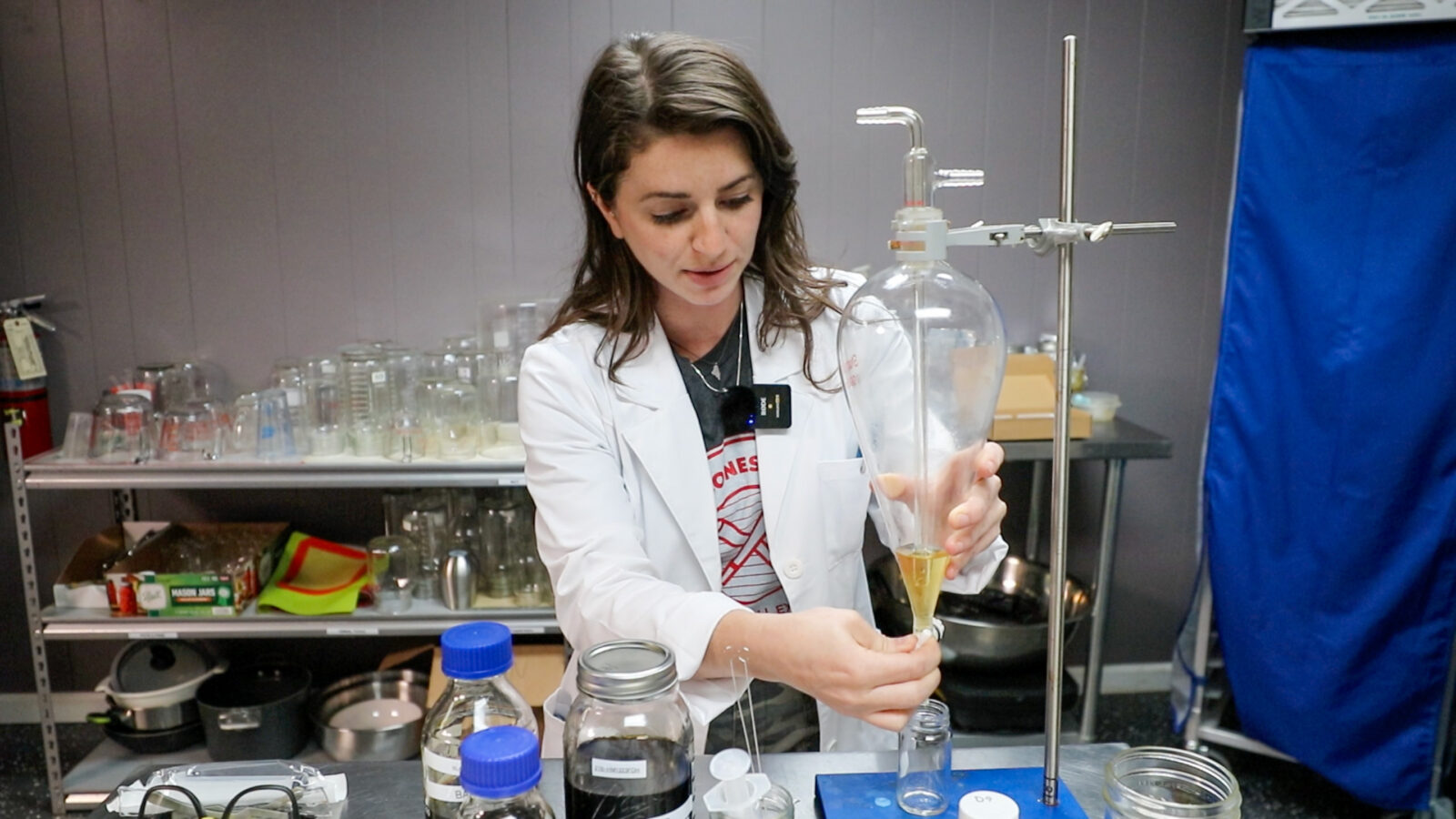Get paid to smoke weed? A deal made in heaven and a study could help investigators better understand how cannabis cultivation and processing impacts the final product—in quantifiable terms.
Today the team behind pre-roll and rolling paper maker DaySavers announced their partnership with the Cannabis Research Coalition and The Network of Applied Pharmacognosy (NAP) to embark on a first-of-its-kind study called The Science of Smokeability (SOS), and they’re willing to pay people to smoke pre-rolls—for science, of course.
How do they plan on doing this? SOS is a two-year series of scientific experiments focusing on analyzing cultivation and processing metrics in order to evaluate which variables produce the most pleasant and least harmful smoking experience.
Currently, cultivators bend over backwards in order to maximize yield and THC levels. (This has led to unrealistic THC level expectations in some state markets.) But is cannabinoid content the main indicator of consumer experiences? Up until now, no study has ever evaluated how cultivation practices or post-harvest processing impact the smokeability of the final product.
The SOS study promises to contribute significantly to the evolution of the cannabis industry by providing actionable insights that link cultivation and manufacturing practices to consumer experiences. The study is currently taking place over the course of two years, integrating controlled laboratory data from smoking experiments with consumer research about smoking experience with different variables.
“My business partner and I first learned about smoking machines from the tobacco industry when we were first starting Custom Cones USA, so when we heard the Cannabis Research Coalition was pioneering a study about the Science of Smokeability we immediately got involved!” DaySavers founder Harrison Bard tells High Times.
“The Science of Smokeability study is going to span over two years and be comprised of multiple phases of experiments and research,” Bard continues. “We will continue to turn to the public for help learning about the qualitative metrics of their smoking experience, as well as data on consumption habits, preferences, and other data points that will continue to shape the industry.”
Bard sits among the Rolling Stone Culture Council, and he co-founded Custom Cones USA, a leading ancillary company in the pre-roll space.
Smoke two joints in the name of science: Pre-rolls will be distributed to participants in certain phases of the study to gather qualitative feedback. But the study pool is limited. DaySavers will be paying $4.20 to 200 randomly selected individuals, who will receive two free pre-rolls and be asked to fill out a qualitative survey comparing the two joints.

Linking Cultivation & Processing with Consumer Experiences
People have pointed to numerous factors that impact smokeability, and cultivation inputs and the way cannabis is dried, cured, processed play roles, going beyond a plant’s genetics. Some have tried to explain good weed by examining white ashes vs. black ashes and other telltale signs.
“There are thousands of papers and decades of research into tobacco products, but almost nothing when it comes to cannabis,” Bard says. “Governmental regulations have hindered so much scientific research and progress, so we are really excited to be part of this first of its kind study in the science of cannabis smoke.”
“We are conducting both quantitative and qualitative research to get a full 360 degree understanding of the science of smokeability,” Bard says. “We are using a high-tech smoking machine, which actually smokes the joints, measuring the temperature and volume of the smoke, as well as capturing the constituents of the smoke, which we send off to a lab for analytical testing. There might be strong correlations between what we will be able to see from the lab, but it was important for us to get real consumers to help provide the qualitative metrics they report from their real-life smoking experience.”
Unwanted contaminants also play a role, and that can be determined through analysis.
“The data and insights we glean from this study are going to be extremely valuable and interesting from multiple angles,” Bard says. “From a public health perspective, we will be looking into if cannabis smoke contains nitrosamines, which are some of the harmful compounds found in tobacco. We will also be analyzing how moisture content and nutrient content affect the smoke, which will be useful for both consumers and cannabis companies. This information will not only help cannabis companies create better products for their customers, but potentially change their growing and production methods, which can save them hundreds of thousands of dollars.”
Daysaver’s new study could help shed light on what cultivation and processing practices lead to a better smoke. To learn more about the study or to sign up, click here.


















